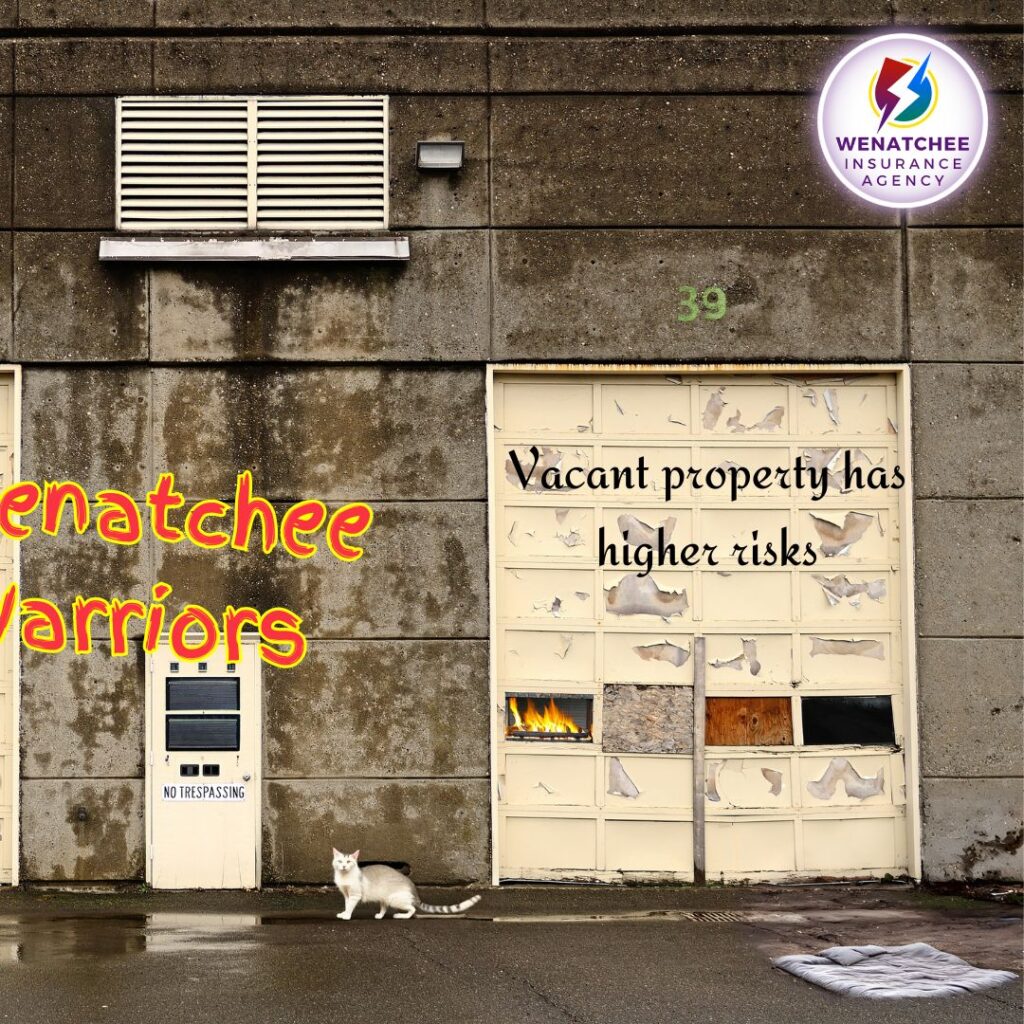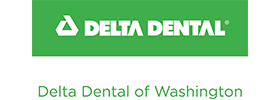
Insuring a vacant property can be riskier and more complicated than insuring one that’s occupied. Here are simplified risks and some examples:
- Vandalism and Theft: Vacant properties are often targets for vandalism, like graffiti or broken windows, and theft of things like copper pipes.
Example: How many times have you heard of farm equipment being stolen?
- Undetected Damage: Problems like water leaks or mold might not be noticed quickly in a vacant property, leading to worse damage.
Example: Your Airbnb cabin not renting for a few weeks? What happens if a pipe freezes and breaks, and it is not checked on in a few weeks?
- Fire Hazards: An empty property might be at higher risk for fires due to outdated wiring or even arson.
Example: An electrical fault in an abandoned building could start a fire.
- Liability Issues: If someone gets injured on the property, like a trespasser or a child playing, the owner might be responsible.
Example: A child trespassing to explore an empty house gets hurt, and the property owner is held liable. This includes the abandoned mines scattered about the hills.
- Weather Damage: Without regular upkeep, vacant properties are more vulnerable to damage from storms or cold weather.
- Insurance Challenges: It can be harder and more expensive to get insurance for a vacant property, and the coverage might be limited.
- Squatters: Empty properties might attract squatters, leading to legal issues.
Example: Someone might start living in an abandoned property illegally, and the owner has to go through a legal process to evict them.
In short, vacant properties face risks like damage, theft, and legal issues due to their lack of regular occupancy and maintenance. Owners should secure and check these properties regularly and ensure they have the right insurance coverage.

Topics: Vacant Property Insurance, squatters, liability, Chelan County, wenatchee insurance, Okanogan County, Mine, squatter, arson, independent insurance agent, Airbnb,
































